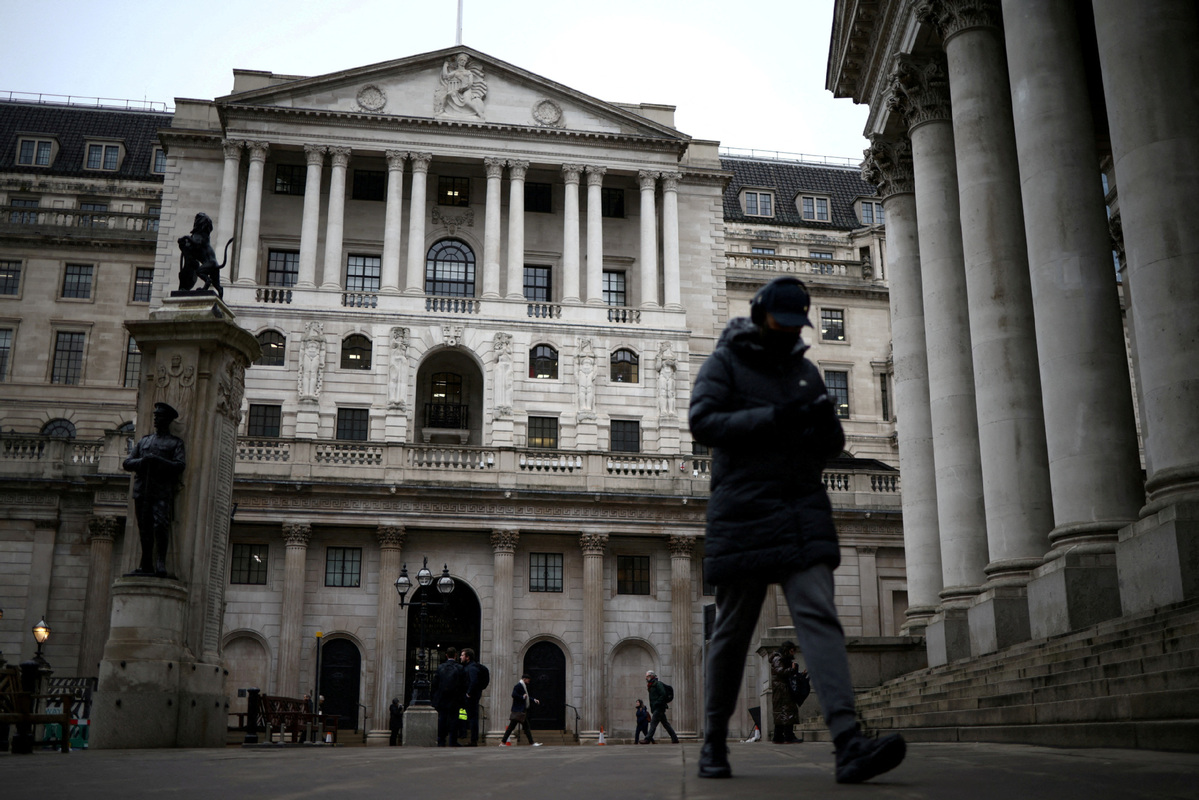Bank of England cuts interest rate to 4.25 pct amid global trade uncertainty


LONDON-- The Bank of England (BoE) announced on Thursday a cut to its benchmark interest rate from 4.5 percent to 4.25 percent, citing softening inflationary pressures and rising global economic uncertainty fueled by US trade measures.
The BoE's Monetary Policy Committee voted 5-4 in favor of the quarter-point reduction. Two members advocated for a deeper cut to 4 percent, while another two voted to maintain the rate at its previous level. This move marks the BoE's second rate cut this year, down from a recent peak of 5.25 percent.
The decision comes in the wake of sweeping tariffs introduced by the US administration - labeled "Liberation Day" measures - which have disrupted global trade and clouded economic prospects. In its latest Monetary Policy Report, the BoE warned of slowing global growth and heightened financial market volatility stemming from the escalating trade conflict.
Inflation in Britain has moderated significantly, with the Consumer Prices Index falling to 2.6 percent in March. Although a temporary uptick to 3.5 percent is forecast in the third quarter due to energy price adjustments, the BoE expects inflation to ease back toward its two percent target over the medium term.
The central bank has revised its economic outlook, projecting that Britain's gross domestic product will grow by 1 percent in 2025, up from an earlier estimate of 0.75 percent. Growth in 2026 is expected to slow to 1.25 percent as global headwinds persist.
British Chancellor of the Exchequer Rachel Reeves welcomed the rate cut, saying: "This interest rate cut is welcome news, and the fourth since we came into government - making it cheaper for businesses to borrow, reducing the cost of a new mortgage, making homeownership more accessible, car finance more affordable, and easing the pressure on those paying off personal loans."
Despite the positive signals, economists cautioned that significant risks remain, including persistent domestic wage pressures and uncertainty surrounding the future of global trade.
BoE Governor Andrew Bailey said: "Inflationary pressures have continued to ease, so we've been able to cut rates again today. The past few weeks have shown how unpredictable the global economy can be. That's why we need to stick to a gradual and careful approach to further rate cuts. Ensuring low and stable inflation is our top priority."































